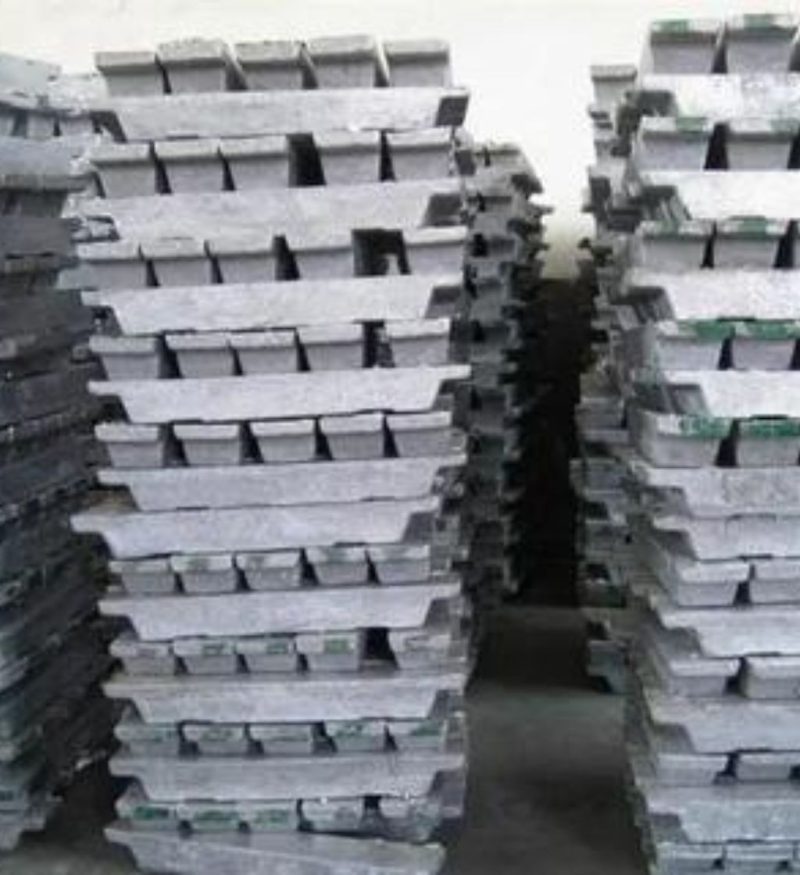Lead Alloy Ingots, For Industrial
Lead alloy ingots are metallic blocks or bars made of lead combined with other metals to create alloys with specific properties suitable for various industrial applications. Lead alloys are widely used due to their favorable combination of properties such as high density, low melting point, excellent corrosion resistance, and malleability. Here’s some information about lead alloy ingots for industrial purposes:
Related Products
Description
- Types of Lead Alloys: Lead can be alloyed with different metals to produce a wide range of lead alloys with specific characteristics. Common lead alloys include:a. Lead-Antimony (Pb-Sb) Alloys: These alloys, typically containing 1% to 10% antimony, have improved hardness, strength, and corrosion resistance. They are commonly used in battery manufacturing, grid castings, and ammunition.b. Lead-Calcium (Pb-Ca) Alloys: These alloys, with calcium content ranging from 0.03% to 0.15%, have low gassing rates and are widely used in maintenance-free automotive batteries.
c. Lead-Tin (Pb-Sn) Alloys: These alloys, with tin content ranging from 1% to 15%, offer improved strength, hardness, and solderability. They are used in applications such as soldering, bearings, and casting.
d. Lead-Copper (Pb-Cu) Alloys: These alloys, with copper content ranging from 0.5% to 2%, exhibit enhanced strength, machinability, and resistance to erosion. They find applications in electrical connectors, sheathing materials, and radiation shielding.
- Industrial Applications: Lead alloy ingots find extensive use in various industrial sectors, including:a. Batteries: Lead-acid batteries, commonly used in automotive, uninterruptible power supply (UPS), and renewable energy systems, rely on lead alloys as the main electrode material.b. Construction: Lead alloys are utilized in construction for roofing, flashing, and damp-proofing due to their durability and resistance to corrosion.
c. Radiation Shielding: The high density and excellent radiation shielding properties of lead alloys make them suitable for applications in nuclear power plants, medical facilities, and research laboratories.
d. Soldering: Lead-tin alloys, such as the well-known solder alloy known as solder (Pb-Sn), are used for joining electrical components, plumbing, and other applications requiring a low melting point.
e. Ammunition: Lead-antimony alloys are used in the production of ammunition due to their hardness and ability to resist deformation.























Reviews
There are no reviews yet.